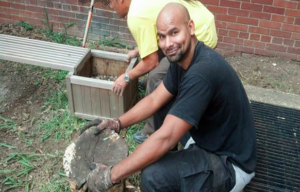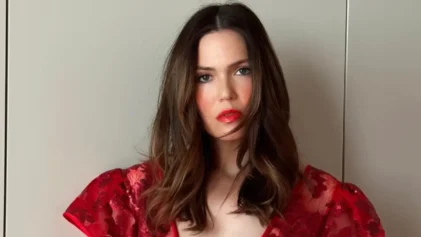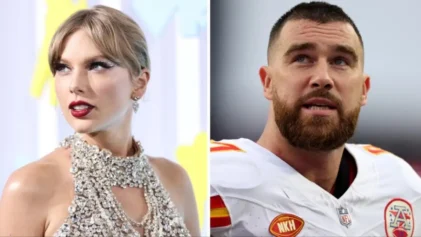
His mother Brenda Rhodes Miller, said that he died “suddenly” Wednesday morning. His aunt Peggy Cooper Cafritz confirmed that the politician, who had recently launched a bid for D.C. Council, collapsed in Miller’s house after complaining of chest pains and dizziness. She added that he hadn’t been feeling well the past few days.
Cooper has been long involved in politics but is most notably known in Black households for hosting Black Entertainment Television’s “Teen Summit,” a talk show that aired from 1989 to 2002. Since then, Cooper turned his sights to community activism.
“He loved the city, and he loved serving the people in the city, from the elderly to the young,” Cafritz, former president of the D.C. Board of Education, said. “Jay was just on the verge of bursting forth.”
His death was a great loss for D.C.
“In politics, you never know what people’s motivations are,” Cooper’s long time friend Clinton Yates wrote in the Washington Post. “Some people want to be famous, others just want to get things done. Cooper fell in the latter category. And when you look out on the political spectrum and you see so many self-aggrandizing buffoons at all levels of local government, the thought of losing someone who truly wanted better for everyone is enough to make you cry.”
In April of this year, Complex magazine had named Cooper as one of “The D.C. Entrepreneurs Who Are Turning Chocolate City Green” for his work as the founder of Freedom Farms, which strived to end food desserts and bring jobs to his community. “A.J. Cooper has realized what a lot of folks have not—that poverty, pollution and unhealthy food are all connected to an urban community’s upward mobility and ability to thrive,” Angel Elliot wrote in the article. “He’s one of the leaders of the urban sustainability revolution that are using locally-owned and operated aquaponics farming to deliver low-cost healthy food to D.C. residents who wouldn’t normally have access to it.”
A 2010 post from Cooper’s Facebook sheds even more light on the kind of person he was.
“I wanted to do something that meant something,” he wrote of joining the military. “Be a part of something greater than myself and serve my country rather than just enjoy the life that it provided me. Most of all, being a kid from DC and having friends get killed as I was growing up made me want to make sure I had an honorable death, not just some random murder.”
Cooper will certainly be missed.


